The Thing (1982)
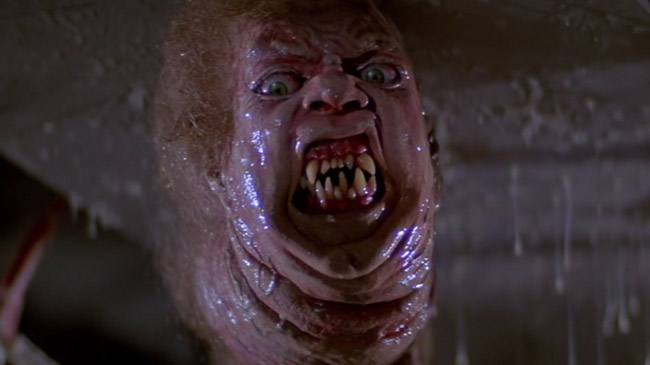
The Book: Who Goes There? - John W. Campbell Jr. (1938)
Why It's Better: Carpenter wisely avoided competing with the direction of the original 1951 movie adaption and instead stuck more closely to Campbell’s novella.
It was the stunning visual effects that really made this one stand out (thanks, CGI), and our own Edgar Wright cites it as the film that frightened him the most as a child.
Kes (1969)
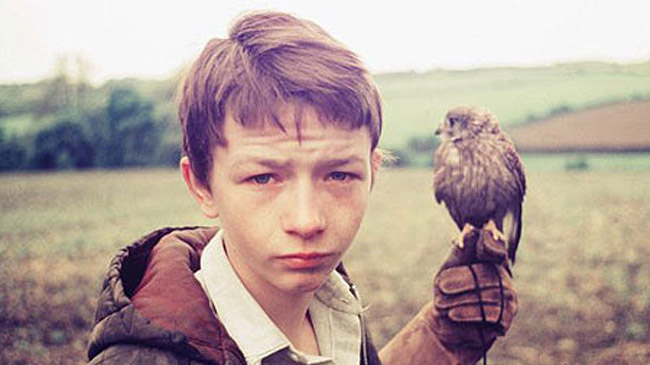
The Book: A Kestrel For A Knave - Barry Hines (1968)
Why It's Better: Getting Hines onboard to adapt his own novel was a brilliant move from director Ken Loach – the story loses none of its authenticity in its journey to the cinema screen, and the decision to ditch the book's flashbacks only makes the film’s climax even more heartbreaking.
Full Metal Jacket (1987)

The Book: The Short-Timers - Gustav Hasford (1979)
Why It's Better: The book might be nothing short of brilliant, but Kubrick’s decision to chop huge chunks from the final two sections of Hasford’s The Short-Timers gave it a well-needed tidying up.
Sign up for the Total Film Newsletter
Bringing all the latest movie news, features, and reviews to your inbox
Kubrick also encouraged R. Lee Ermey to improvise his own insults, giving us gems such as “Were you born a fat, slimy, scumbag puke piece o' shit, Private Pyle, or did you have to work on it?”
Thank You For Smoking (2005)
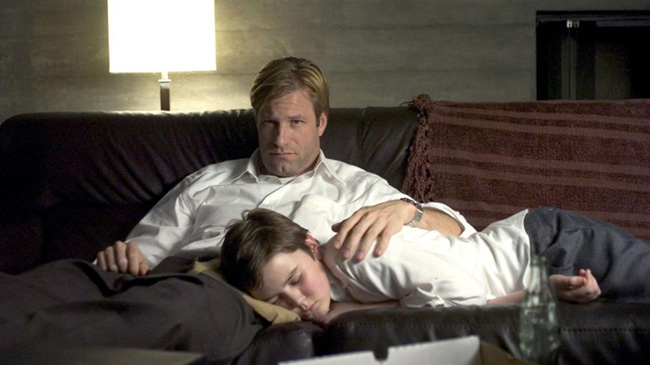
The Book: Thank You For Smoking – Christopher Buckley (1994)
Why It's Better: Buckley’s biting satire follows Big Tobacco spokesman Nick Naylor, brilliantly played by Aaron Eckhart, as he sets out shaking off that bad rep cigarettes have got themselves over the last few years.
The movie excellently replicates the fast-paced tone of the novel, and dedicates more screen time to the relationship between Nick and his son, giving it a much-needed injection of heart.
Casino Royale (2006)
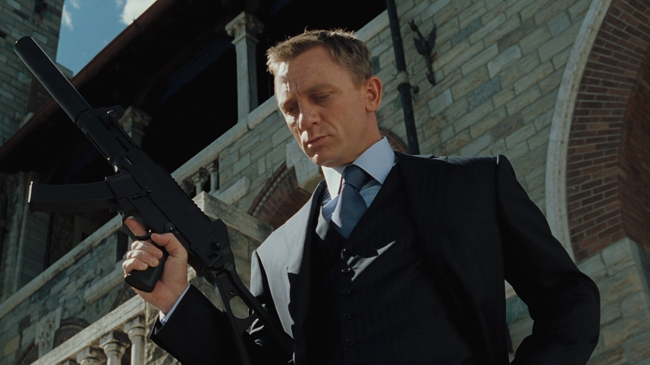
The Book: Casino Royale - Ian Fleming (1953)
Why It's Better: Of all the Bond films, many believe that only Casino Royale does the original text justice.
Martin Campbell’s rebooting of the franchise hit audiences like a swift kick to the chest, and the movie is perhaps the only one to not just capture the essence of Fleming’s Bond, but maybe even improve on it.
Mrs Doubtfire (1993)
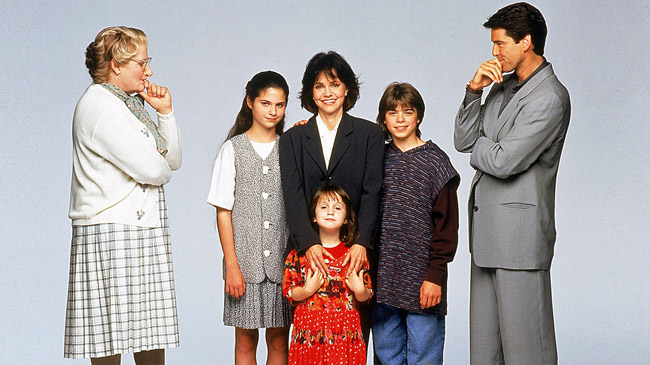
The Book: Madame Doubtfire – Anne Fine (1987)
Why It's Better: A charming but simple story of a dedicated dad becomes a comedy classic thanks to Robin Williams’s breath-taking whirlwind of a performance – there’s been rumours of a reprise for years now, but Williams maintains he won’t be back in the wrinkly stockings unless the script is perfect.
Blade Runner (1982)
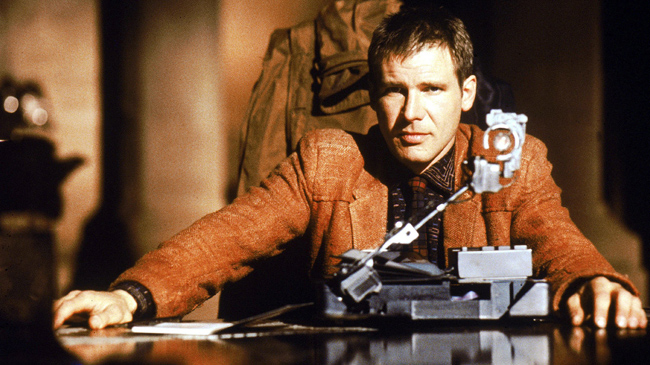
The Book: Do Androids Dream Of Electric Sheep? - Phillip K. Dick (1968)
Why It's Better: Phillip K. Dick is rightly considered one of the greatest sci-fi writers of his time, and his story of bounty hunters and androids loses none of its power during translation.
In fact, the mind-bogglingly stunning visuals give Dick’s tale the backdrop it deserves, and changes this dystopian thriller into a frighteningly believable neo-noir.
Mystic River (2003)
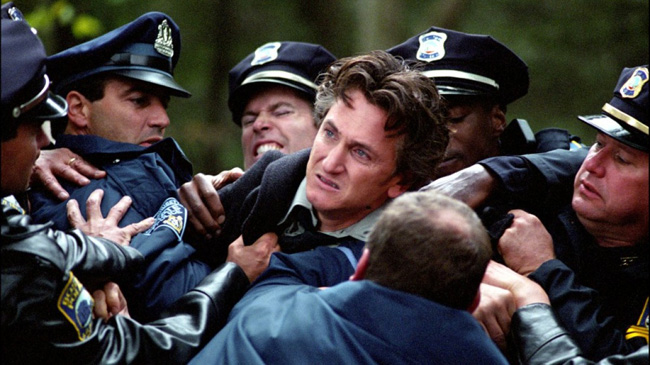
The Book: Mystic River - Dennis Lehane (2001)
Why It's Better: This one relies solely on powerhouse performances.
There's really no choosing between Lehane's haunting book and the equally fantastic film in terms of plot, but when it comes to the characters, the movie is given the edge. The entire cast puts in performances that will shake you to your core, and both Tim Robbins and Sean Penn came away with golden statues.
Sense And Sensibility (1995)
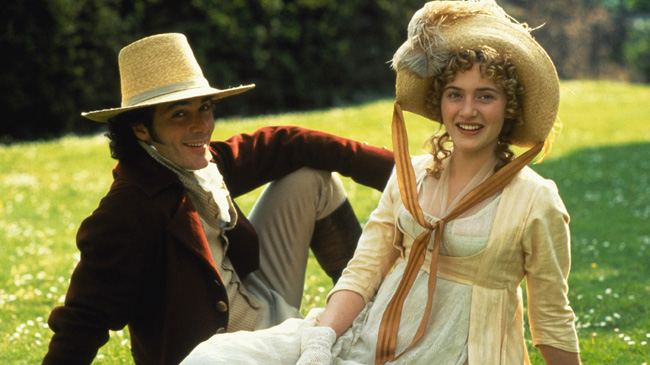
The Book: Sense And Sensibility (1811)
Why It's Better: Another choice that will no doubt invite criticism, Ang Lee’s adaptation of this classic novel remains one of the best versions of Austen’s work.
Screenwriter (and leading lady) Emma Thompson wanted the story’s focus to be on the relationship between the Dashwood sisters, rather than simply their love interests, and the film is credited with bringing Austen’s novels to a whole new audience.
Gone Baby Gone (2007)
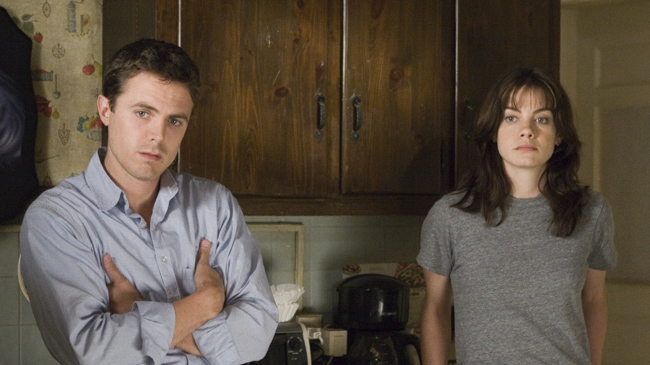
The Book: Gone, Baby, Gone - Dennis Lehane (1998)
Why It's Better: Gone Baby Gone marks the moment that the world sat up and said a rousing "hello!" to Ben Affleck the director.
Lead by a captivating performance from little brother Casey, Ben and scriptwriter Aaron Stockard turned this entertaining but often slow novel into a dark, twisting neo-noir that drags the audience through the dirty underworld of Boston.


